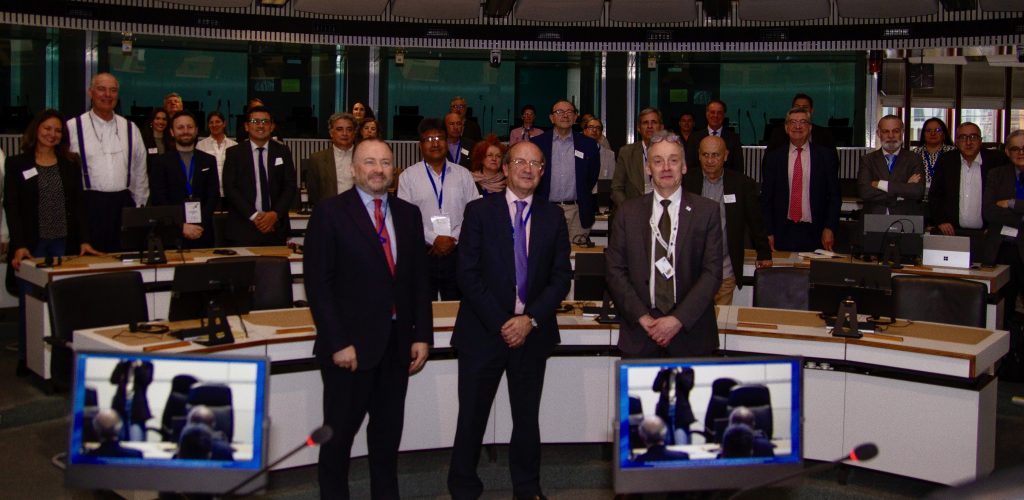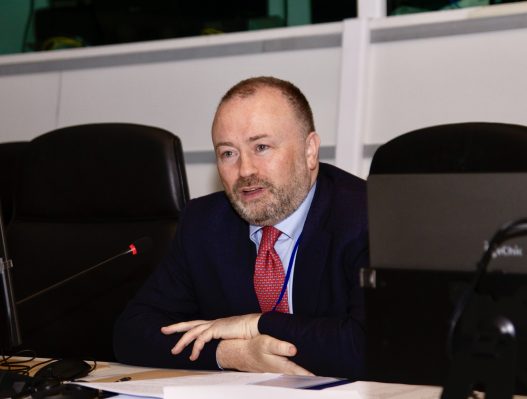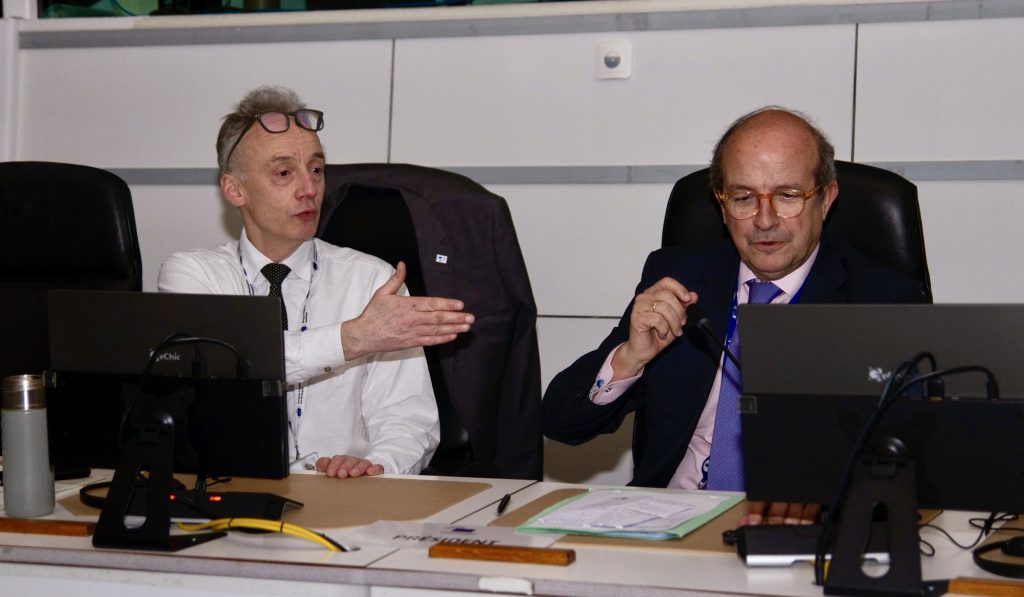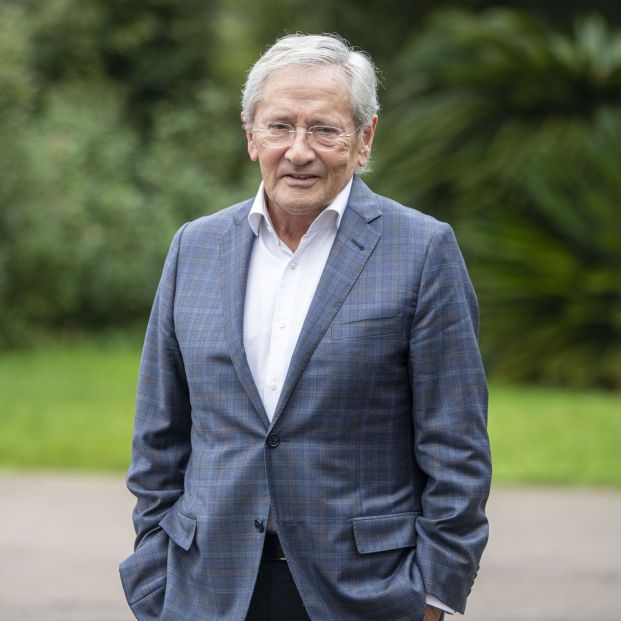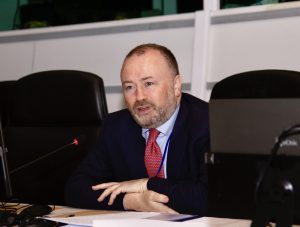
‘WE EXPECT CELAC TO GROW STRONGER': BRIAN GLYNN, DIRECTOR FOR THE AMERICAS OF THE EUROPEAN EXTERNAL ACTION SERVICE
Interaction between the European Union and Latin America has not been easy, acknowledges Brian Glynn, director for the Americas of the European External Action Service. But at least it has been taken up again to advance agreements and cooperation that are still pending. Strengthening CELAC would be an important step in that direction.
Glynn spoke at the VII Congress of Media Editors of Europe, Latin America and the Caribbean, which took place March 18-21 in Madrid and Brussels. His intervention took place on March 20, at the headquarters of the Committee of the Regions, in the Belgian capital.
He recalled that in 2019 it was simply considered that relations with Latin America could be better. The two regions had stopped meeting. In 2012, the presidents of the countries that make up the EU and the Community of Latin American and Caribbean States (CELAC) had agreed to meet every two years. But it barely made it to a second meeting, which took place in 2015.
For eight years, these summits stopped taking place. They were resumed at the initiative of Europe. Glynn recalled that, in 2023, the Council of Ministers of the European Union gave its endorsement to develop a plan to improve the relationship with Latin America. EU objectives related to climate change, energy decarbonization and agricultural production are key to that goal.
In 2023, the summits resumed. European and CELAC leaders met again in Brussels, with representatives from 60 countries. “They agreed to do more and better things, especially in the area of green and digital just transition,” explains Glynn.
However, CELAC is not a body with a uniform polytic vision. “It is a region very divided by political idelologies,” says Glynn, despite which it has agreed to activate instances of cooperation.
Materializing that has not been easy, says Glynn, taking stock in that area. “We hope that CELAC will be strengthened” to advance in the agreements, since there are no community counterparts to centralize the discussion or guidelines.
Glynn said it will be important to advance bilateral and multilateral relations at the same time. And to expand them also at the level of citizens and civil society.
We have the advantage,” Glynn emphasized, of several decades of work in which we have woven a network of agreements, especially trade and association agreements; we have them with almost all the countries in the region. We must continue to develop them.
During the European legislature that is about to end, the modernization of the trade agreement with Chile was concluded. The agreement with Mexico, which will date back to 2000, is still being negotiated. And the difficult negotiations with Mercosur are pending, which was expected to be closed by the end of 2023, but it has not been possible. “We are still working on it,” Glynn said.
ABOUT THE COMMITTEE OF THE REGIONS
As mentioned, the activities of the third day of the Congress of Media Editors of Europe, Latin America and the Caribbean took place at the Committee of the Regions in Brussels on March 20, 2024.
Ian Barber, communications director of the Committee, explained that this body is part of the institutional architecture of the European Union and brings together representatives of the regions of each country, including large municipalities such as, for example, Madrid.
This committee does not legislate, but it is an important consultative forum. The rules that are created in the EU are then applied in each region, which has its own particularities. That is why, before laws are enacted, the Committee of the Regions gives its opinion. The documents it generates are mandatory reading in the Parliament, where the EU rules are produced. Its observations are generally accepted.
The Committee is very important for implementing initiatives of the Global Gateway program, one of the cooperation mechanisms that the European Union has for investments, especially in Latin America. This investment program is established on the basis of projects in which cities and regions, both in Latin America and Europe, usually participate jointly.
The activity of the Committee of the Regions can be followed on its web page: https://www.cor.europa.eu/
ABOUT THE EDITORS’ CONGRESS
The VII Congress of Media Editors of the European Union, Latin America and the Caribbean is an event organized by Grupo Prestomedia with the support of EditoRed, the Commission and the European Parliament, Telefónica, Iberia and the Community of Madrid, as well as the collaboration of Universidad Rey Juan Carlos, Turismo de Galicia and Casa de América, and with Prensamedia as editorial partner.
————
This text is free to use. If you use it, please cite EditoRed.
